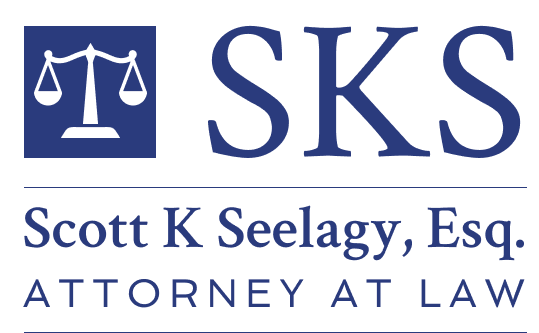Helping Slip and Fall Accident Victims in New Jersey
Common Causes of Slip and Fall Injuries
Dangerous walking surfaces in New Jersey—particularly during icy winters—lead to countless injuries each year. Slip and fall accidents often stem from property owners failing to address hazardous conditions in time. These include unsalted ice on sidewalks and parking lots, wet floors without visible warning signs, dim stairwells, broken steps or handrails, uneven tiles, torn carpeting, and general clutter or debris left in walkways. Commercial property owners, such as supermarkets or apartment complexes, have a heightened legal duty to inspect and maintain common areas.
Injuries from Slip and Falls
Falls are a leading cause of injury, especially among older adults, but anyone can suffer serious harm in the wrong conditions. Broken wrists, hips, or ankles often result from bracing during the fall. Some victims sustain concussions or traumatic brain injuries, particularly in backward falls. Sprained ligaments, back injuries, and knee damage can lead to extended recovery or permanent impairment. Scott Seelagy has represented individuals with severe orthopedic injuries requiring multiple surgeries after slipping on untreated ice in apartment complexes.
Slip and Fall FAQ – Common questions
Do I have a case if there was a wet floor sign but I still fell?
Possibly. A sign may not excuse liability if the condition was especially dangerous, if the warning wasn’t visible, or if the area hadn’t been cleaned or addressed properly. Each case depends on specific facts.
What if I fell at a friend’s house? I don’t want to sue my friend.
These claims typically go through the friend’s homeowner’s insurance—not out of their pocket. Our goal is to resolve the matter without creating tension between you and your friend.
Can I get compensation if I was partly clumsy or not watching my step?
Yes. New Jersey’s comparative fault system allows you to recover damages if you’re less than 51% responsible. The compensation may be reduced in proportion to your share of fault, but you can still receive payment.
How long do slip and fall cases take to settle?
It varies. Some cases resolve within months, especially if liability is clear. Others may require litigation if the property owner denies fault. We aim to resolve every case efficiently without sacrificing full compensation.
What if I slipped on ice outside a public building?
Claims against government entities in New Jersey involve special rules, including a 90-day notice deadline under the Tort Claims Act. It’s critical to contact an attorney right away to preserve your rights.
Get Help from a NJ Slip and Fall Lawyer
If you were hurt due to a property owner’s negligence, don’t wait. Slip and fall hazards are often fixed quickly, making evidence harder to obtain. Scott Seelagy is a dedicated advocate for accident victims in Morristown, Union County, and throughout New Jersey. He offers free consultations and works on contingency—meaning you don’t pay unless he wins your case. Call today to discuss your fall and find out how we can help you move forward.

